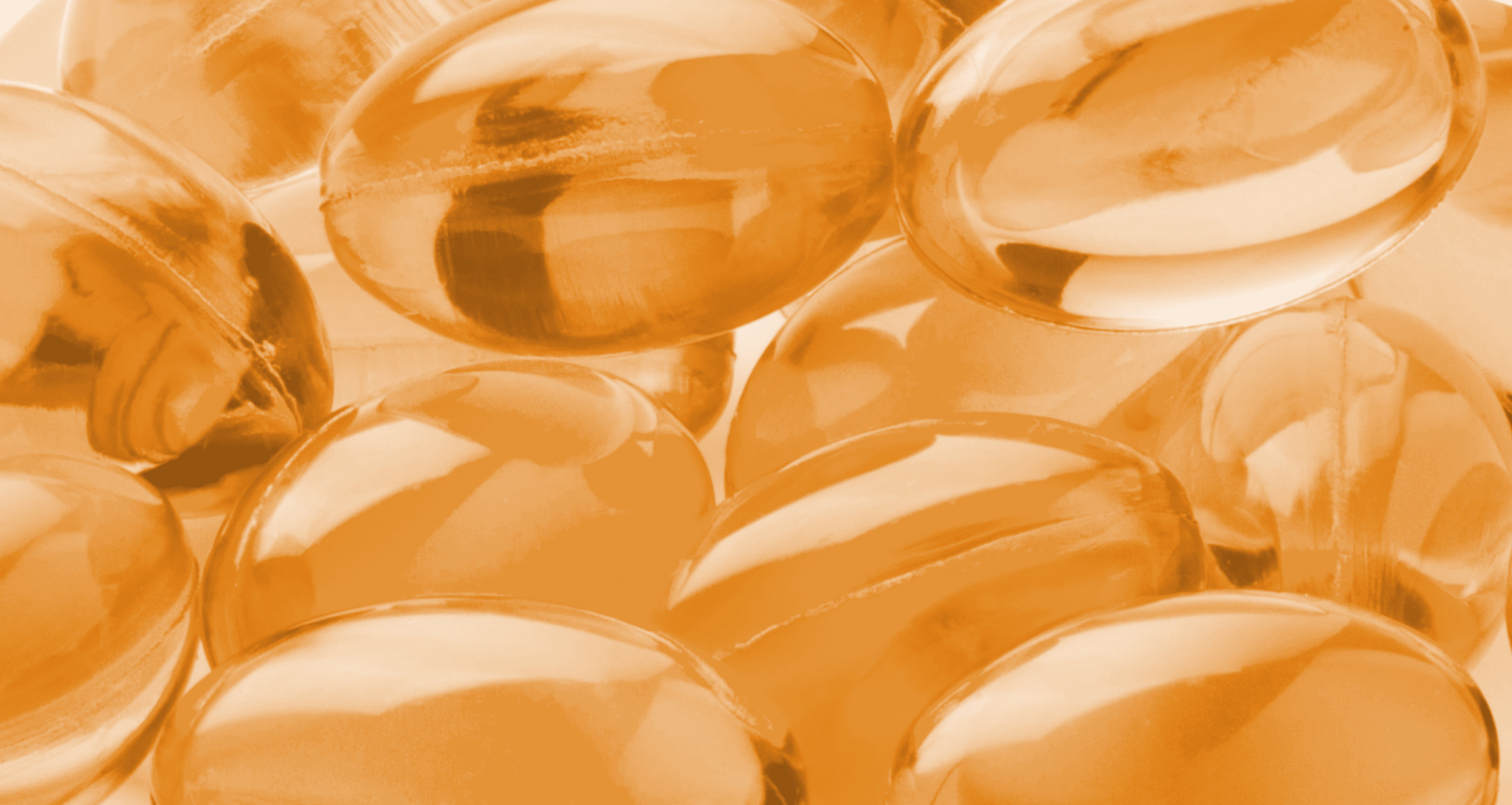
A blog published by: Sofraser.
In the pharmaceutical industry, the perfection of encapsulated products requires total control of several processing steps, including encapsulation, which consists of enclosing a substance in a stable envelope called a capsule.
The purpose of these capsules is to protect the substance from interactions with the external environment or to transport the substance to the place where it will be released to act.
Today, there are two types of capsules: the hard-shell capsule and the soft-shell capsule, both of which are made of a gelling agent (gelatin), an animal protein, or polysaccharides and derivatives.
The quality of the final product depends on the upstream production of the gelling agents through the processing of materials of natural origin, the manufacturing of the shells, and their sealing after filling with the active ingredient.
Viscosity is a key specification of the gelling agent that will be involved in the manufacturing of the empty capsules through the dipping process and in a later step in their sealing after filling with the active ingredient.
The resonant frequency vibrating type MIVI viscometer, invented by Sofraser, is known for its great versatility which allows the MIVI viscometer to be used for difficult or sophisticated transformation processes, including hygienic processes. In addition to its contribution to upstream gelatin production, the sensitive and reliable measurement allows perfect monitoring and control of viscosity during capsule manufacturing and sealing. (Read more)
Contact our Experts!
Want to learn more about the Sofraser MIVI Sensor viscometer?